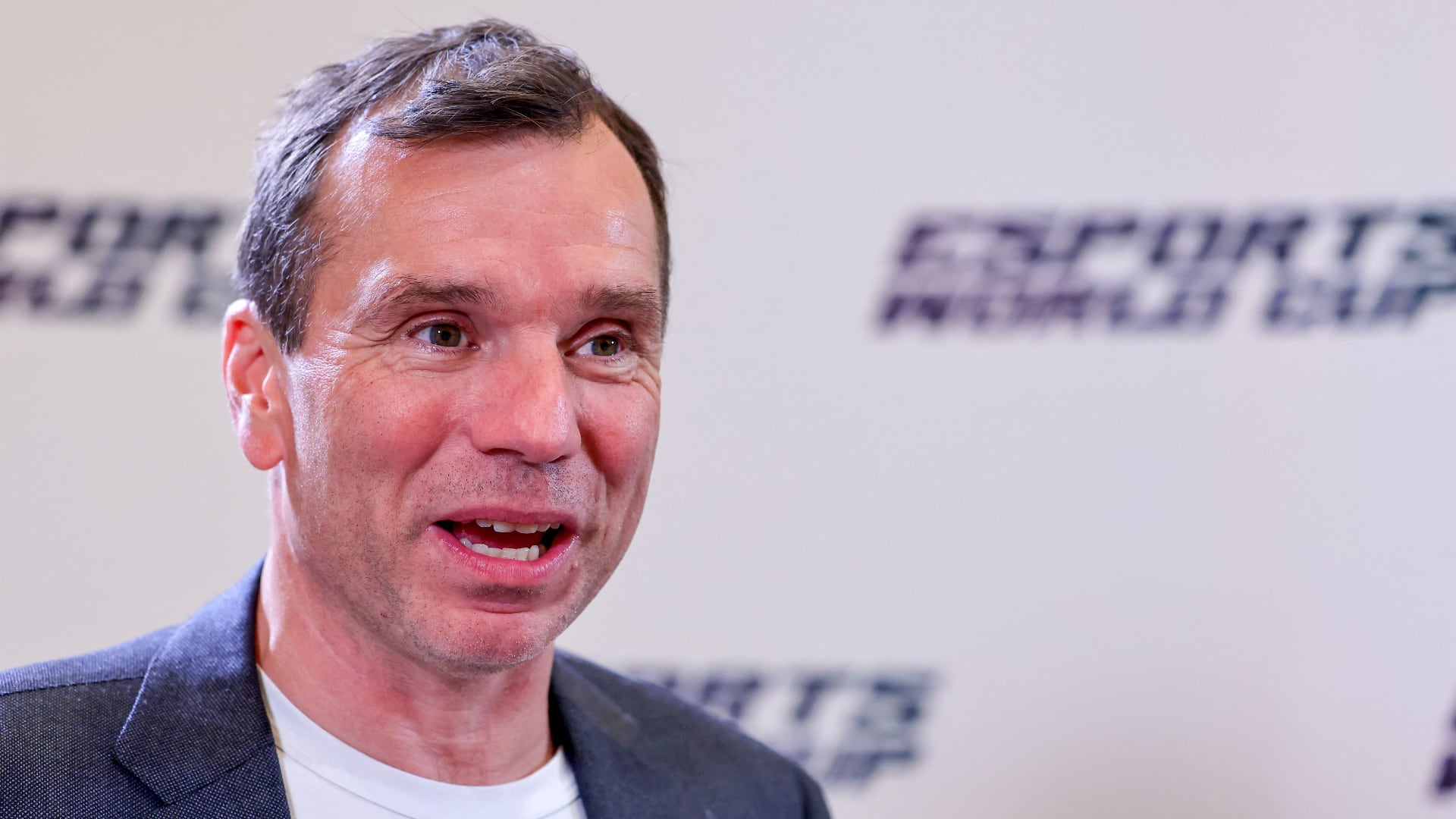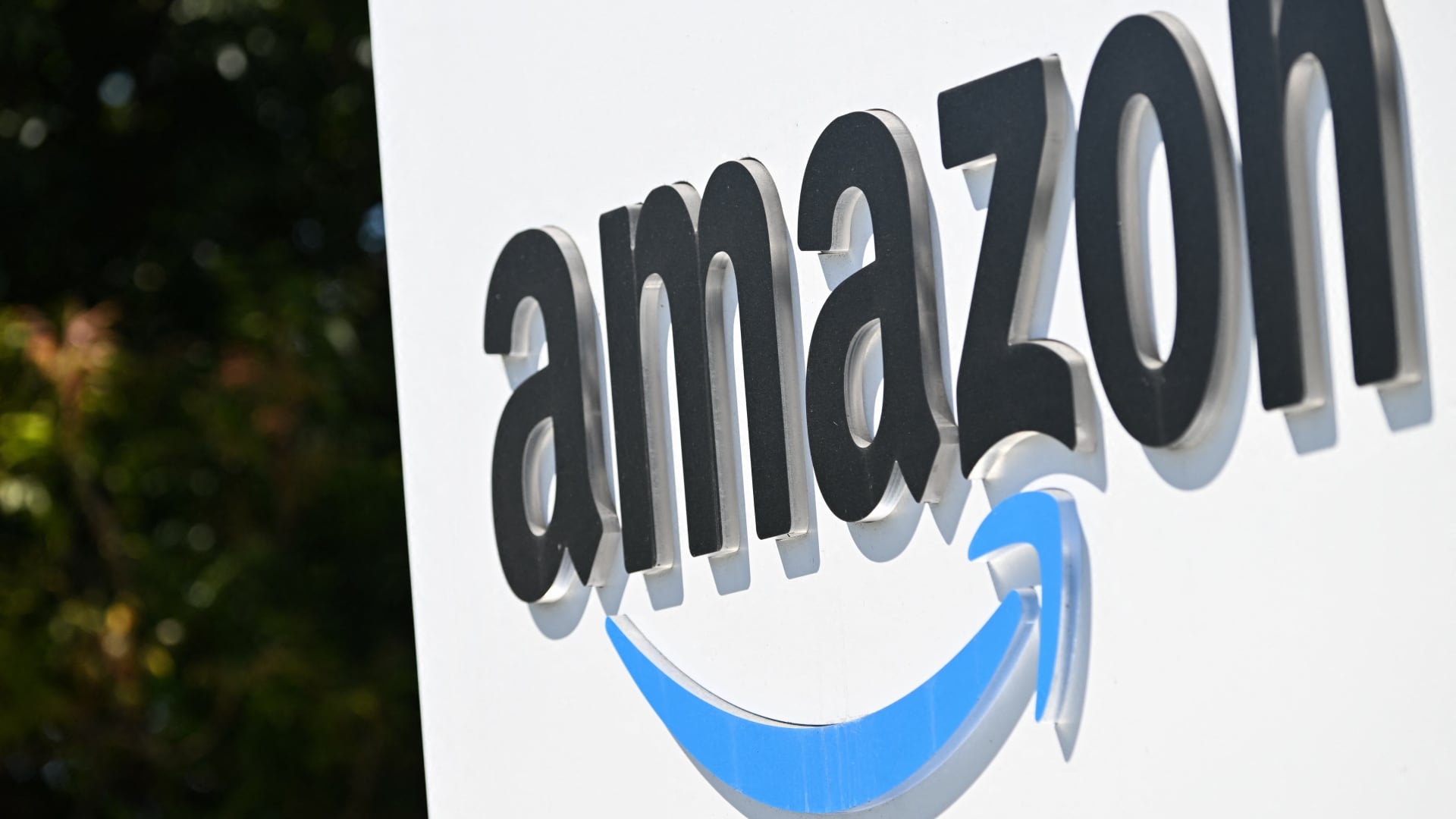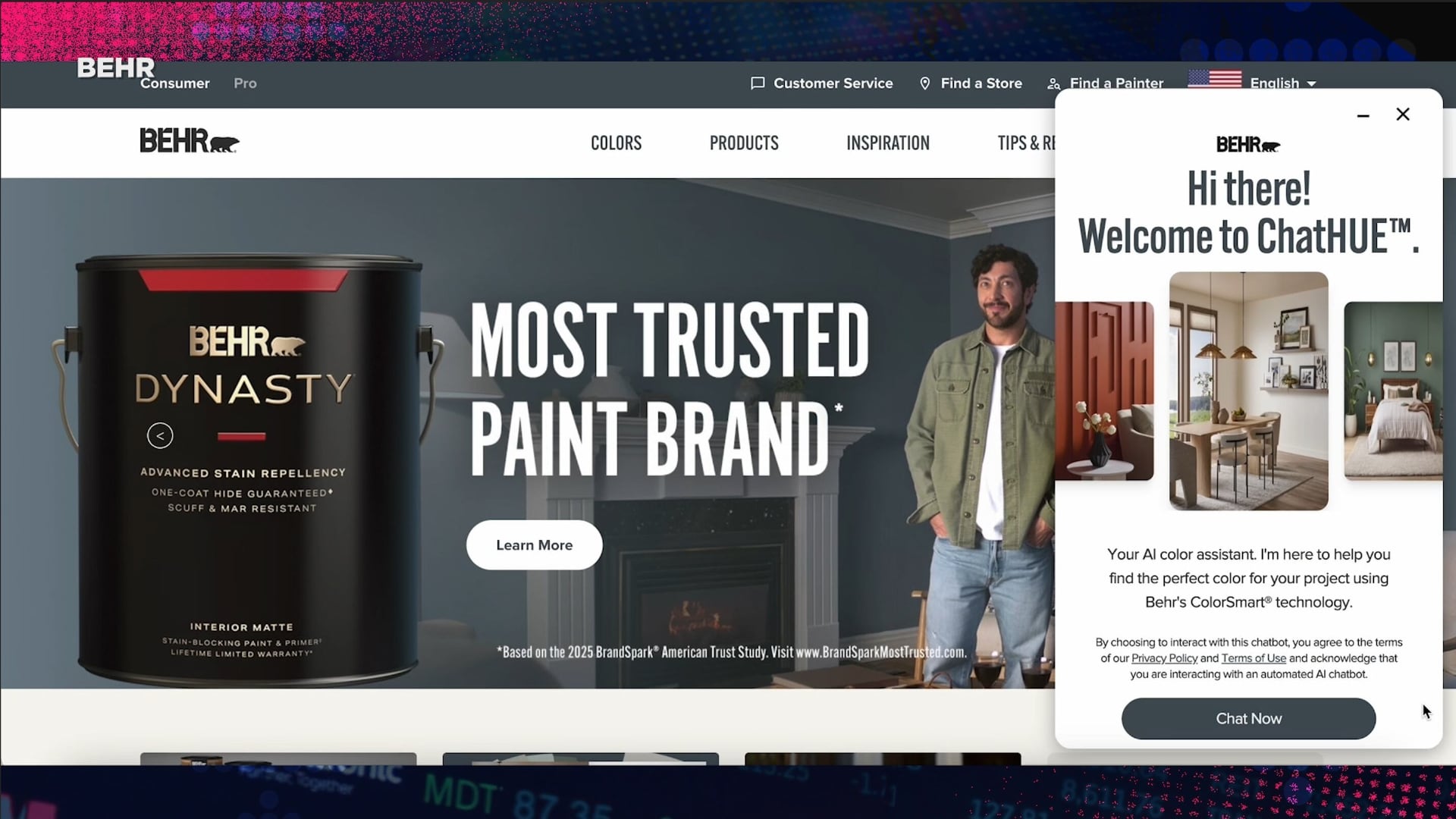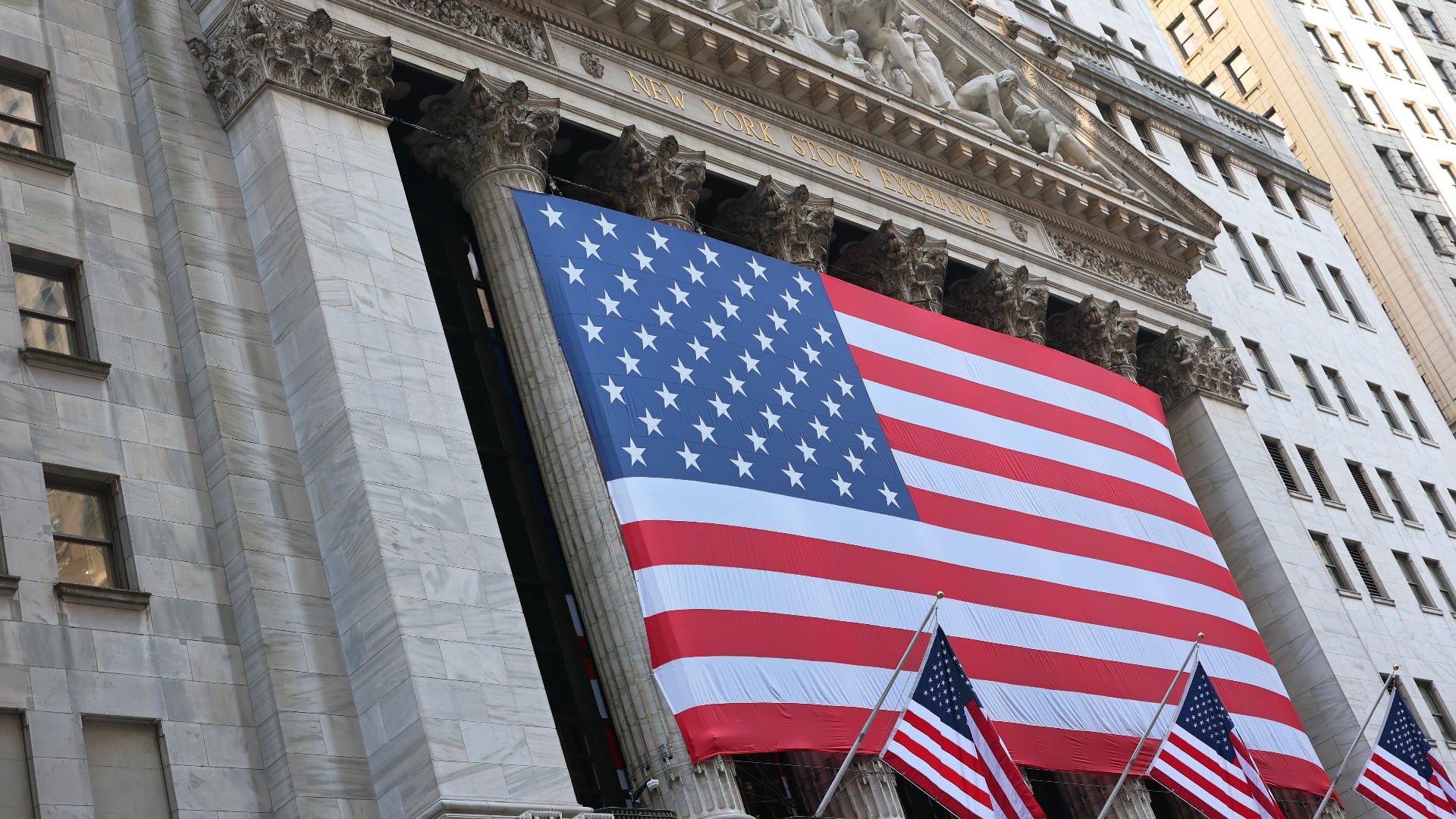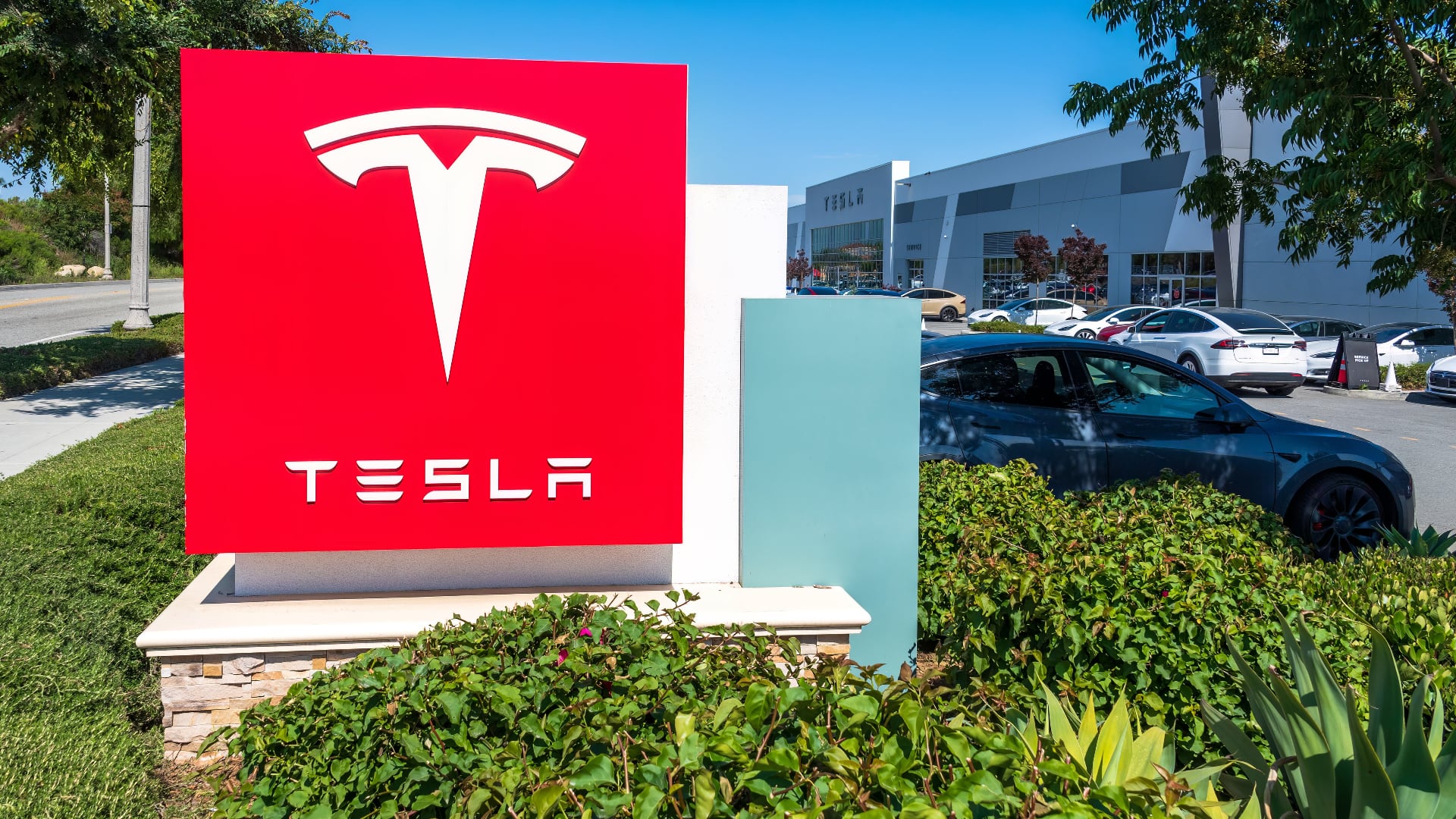*By Jacqueline Corba* MedMen, an American cannabis company based in Los Angeles, began trading on the Canadian Stock Exchange on Tuesday, earning a valuation of $1.1 billion. "Today is day one," co-founder and CEO Adam Bierman said in an interview with Cheddar. "There is nothing quick in regards to anything having to do with our industry. This is a long play." MedMen has 18 licensed facilities in California, Nevada, and New York. The company recently opened a medical marijuana dispensary on 5th Avenue in Manhattan with a high-tech and minimalist design that has prompted comparisons with an Apple store. But unlike tech companies, even legal cannabis companies in the United States don't have access to institutional capital. That's why MedMen had to go to Canada. "They are the second American cannabis company to do it, they are not going to be the last," said Greg Zeman, associate editor at Cannabis Now. "Everybody is looking for capital and affordable capital is not in heavy supply down here, and it is pretty abundant when you get up to Canada. It's like any rushーeveryone is trying to get in it now." With an infusion of capital from the company's public listing ー six percent of the company was opened up for public sharesー MedMen's Bierman said the company will expand its retail operations and open new growing facilities. And maybe sometime in the future, the company could be listed in New York and Bierman can ring the bell at the New York Stock Exchange. "Prohibition will end here in the U.S.," Bierman said. "Bureaucracy is there for a reason, I don't think we want to change laws overnight here in this country. I think its good it goes through a process and takes time." The next cannabis company to go through a similar process may be Orchid Essentials. That company's co-founder, Corey Mangold, told Cheddar's CannaBiz he plans to take his company public on the Canadian stock market in the fall. Mangold laments the fact that he can't list his company in the United States, but said he was confident that change is coming to medical and recreational use of marijuana. "It's time that we grab a hold and make a change that is long overdue," Mangold said.


